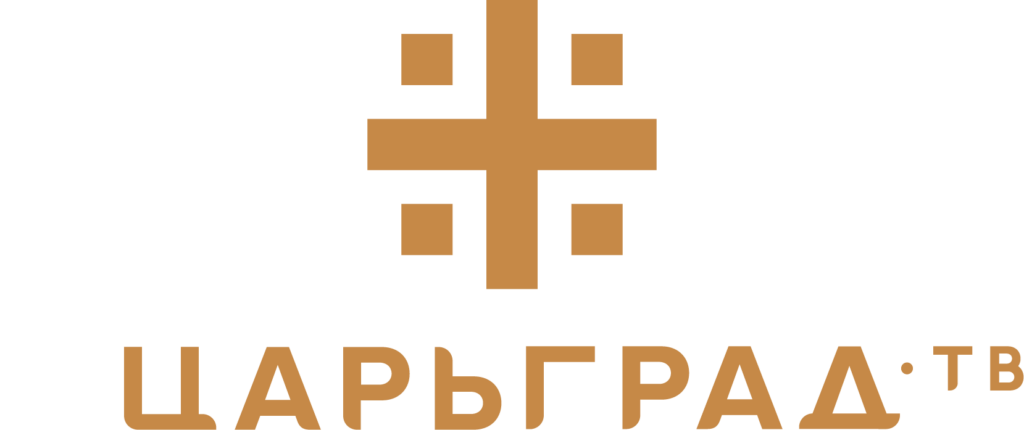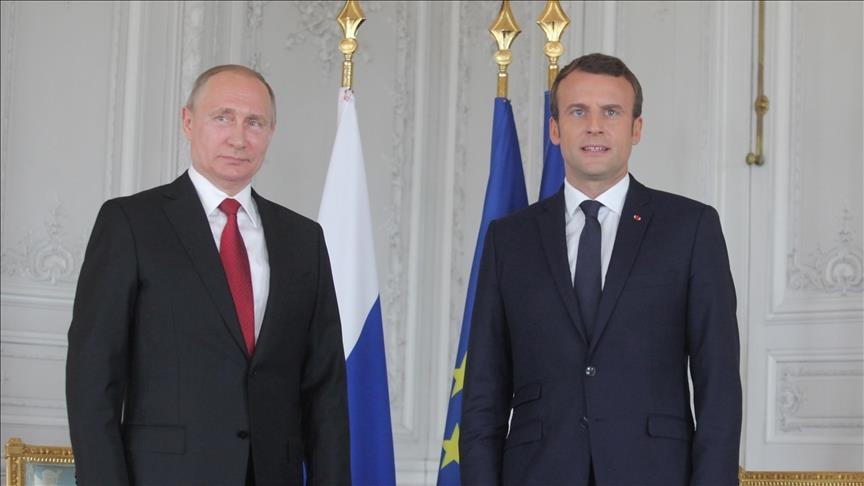Desk Russie, a French website focusing on Russian politics, reported in June on how far-right European parliamentarians (MEPs) are acting as agents of Russian influence in the center of European power. According to a Desk Russie report authored by Ukrainian academic Anton Shekhovtsov:
June 21, 2021 As we revealed in our investigation for EUObserver, Russian citizen Tamara Volokhova with links to Russian agents of malign influence in Europe was able to secure a contract with a French far-right MEP Aymeric Chauprade working for him as an attaché. Chauprade, who was at that time a senior member of the far-right Front National, himself had been involved in a number of pro-Kremlin activities, including playing a role of an “independent observer” at the illegal referendum in Russia-occupied Ukraine’s Autonomous Republic of Crimea — a referendum followed by the annexation of the Crimean Peninsula by Russia. […]
Volokhova also closely works with the French MEP Thierry Mariani and accompanied him and other French MEPs on their visit to Russia-annex Crimea in summer last year to “observe” the controversial voting on the amendments to Constitution of the Russian Federation. Mariani, a long-time supporter of authoritarian leaders, reportedly visited Russia more than 50 times over the recent few years, and – for his numerous propagandistic trips to Crimea – was sanctioned by Ukraine.
Read the rest here.
The report also notes that despite Mariani’s pro-Kremlin activities, the European Parliament allowed him to join the “Special Committee on Foreign Interference in all Democratic Processes in the European Union,” which also deals with disinformation efforts by foreign actors.
European media recently reported about a joint declaration by a dozen European far-right parties, pointing out that all but one are decidedly pro-Russia. According to a Euractiv article:
July 23, 2021 As more than a dozen far-right parties joined forces early July to blast EU integration, a conventional wisdom is still that these parties are deeply divided on a host of issues. Key among them is, supposedly, the attitude towards Vladimir Putin’s Russia. That conventional wisdom is wrong. Among the signatories of the July statement, all but one party is decidedly pro-Putin, and that one holdout — Poland’s ruling PiS — may be just undergoing a subtle change in its attitudes.
Read the rest here.
Past GIOR reporting on Russia’s influence operations involving political actors has included:
- In May, we reported that a Russian influence operative tried to donate over 250,000 Euros to a newly-founded political party in the Netherlands.
- In April, we reported that politicians from the Netherlands, Latvia, Estonia, and Britain were tricked into holding video calls with someone using deepfake technology to impersonate the chief of staff of Russian opposition figure Alexey Navalny.
- In April, we published an investigation into how Russia uses former Western diplomats to spread pro-Russian propaganda and anti-Western conspiracy theories in the West.









COMMENTS
Comments are closed here.